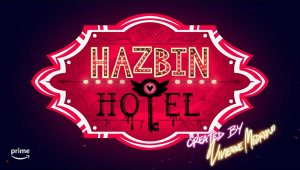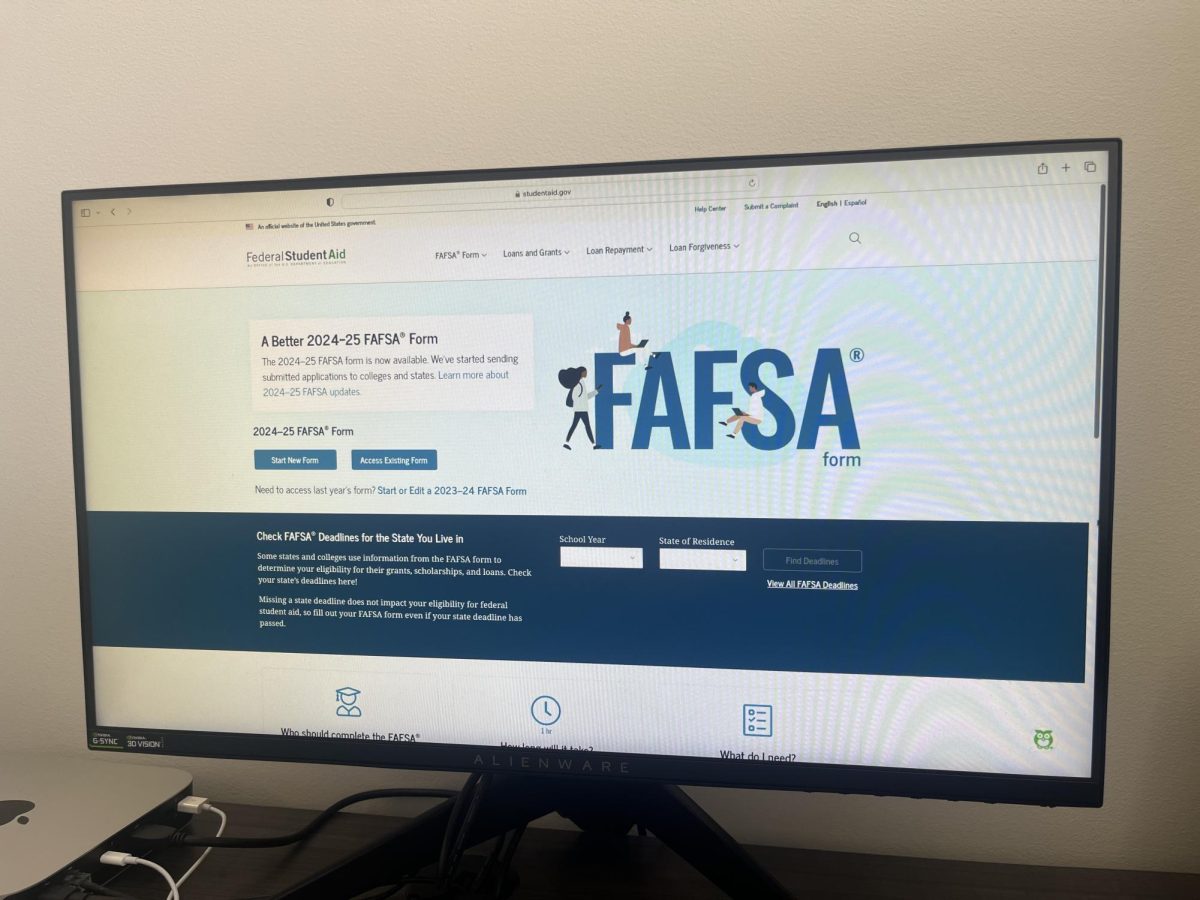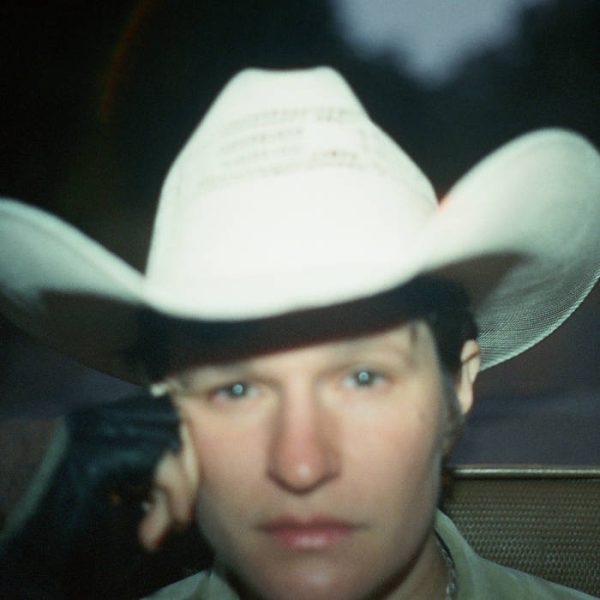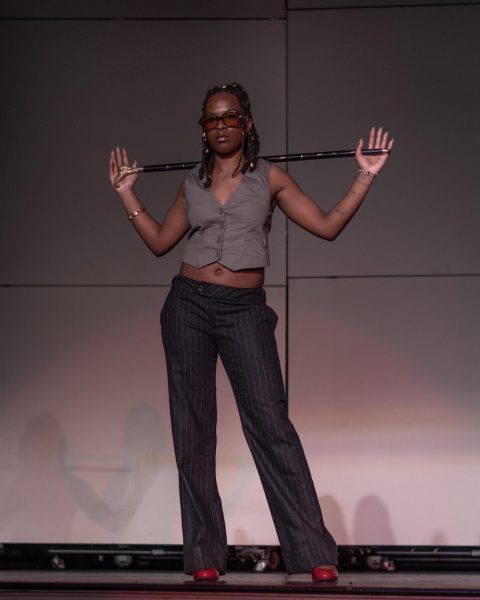Bring Your Writing Inspiration To The Blue Muse
November 14, 2018
Have you ever wanted to be part of a magazine, but feel like you do not have the skills? Do not fret; Central Connecticut has got you covered. English professor Mary Collins designed the Publishing class to teach students the inner workings of curating a successful online magazine.
Collins’ aim was to “develop, within our writing, a minor digital writing class and a publishing class that was separate from the literary magazine, The Helix,” according to Assistant Professor Jotham Burrello.
Three years ago, Collins was the orchestrator of the concept while Burrello used his previous magazine publishing skills to help facilitate the magazine class. The course, Publishing WRT 384, is offered every semester and taught by Burrello. The prerequisites are WRT 110 or WRT 105 and WRT 105P.
The online magazine dabbles in an assortment of genres. It publishes fiction, poetry, opinions and “a gamut of creative non-fiction on anything and everything the Blue Muse inspires [the staff] to write,” according to its website. Literature, fiction and poetry are the only things the staff writers do not write; they encourage student submissions.
“The majority of what we publish is magazine features, short magazine features, which The Atlantic does and Harper’s in The New Yorker,” Burrello said. “If you look at Blue Muse, just like The New Yorker does, we break it all down into columns and then we made it our own.”
This is the only writing course that runs an online magazine in the CSCU system, according to senior English major Derek Blais. “Our writing program is probably the best in the state.”
Blais, a former Publishing student, took the class due to it being required for his writing minor, but he advises non-English and Writing majors alike to take the class if someone possesses an interest in being a part of the behind-the-scenes of an online magazine.
“What I love the most about the class is the interviews we have to do for our pieces,” Miguel Cruz, current student and English major said. “I consider myself a people person and I find all the kinds of stories you get from someone in just let’s say thirty minutes of just listening to them are just amazing.”
The students play an important role in deciding the content for the semester by pitching topics that interest them.
“In terms of teaching the class, I never know what the students are going to come up with,” Burrello said. “This semester I am learning about tattoos, I’m learning about UConn Hockey, I just learned about food scarcity.”
His favorite story was a feature about Amato’s Toy Store in New Britain, which has been around since the Great Depression. He also wrote about a Yard Goats game.
“I weaseled myself a press pass and I got to get in for free, sit in the press box and talk to officials [and] fans,” Blais said. “The class made me feel important.”
The semester, Cruz wrote an article about student food scarcity. He was able to investigate, track down and research the peccary data for the demanding topic.
“I have to say, learning about the story of a man who struggled with homelessness, for example, has really had a profound and life changing effect on how I see myself and the world around me,” Cruz stated. “It was sort of a flashbulb experience that let me that I could handle the really heavy material that many young writers tend to think are to big for them.”
In conjunction with understanding the topics, participants of the class work hands-on by posting content on WordPress, copy editing, photography, advertising and most importantly, writing.
The class consists of a lecture and a lab. Students learn how to run an online magazine for the whole semester.
The group comprises of roughly 10 to 12 students and it is interesting to find out where you fit in, according to Blais.
All of the aspects involved in curating Blue Muse are essential, but students get first-hand experience in working closely in a team.
“My favorite part was just working as a team in a professional environment and realizing that there isn’t just one person running the whole show,” Blais stated.
The Blue Muse course offers students transferable skills in the workplace such as handling expansive information, technical ability to publish content and the “teamwork aspect of being responsible,” according to Burrello.
As an integral member of the Blue Muse team, students will be introduced to a variety of editorial jobs, such as copy editor, assistant editor and managing editor.
“By the end of the semester, we try to run it like a real magazine,” Burrello said. “With an online magazine, we have to do it all and the students kind of learn the systems as we proceed.”
Despite using a web-based literary publication as a framework, students will get to understand both sides of the spectrum, print and online.
“It is very important that all cogs in the machine work the way they are supposed to so the creativity of the magazine work the way we want it to,” Blais concluded.















